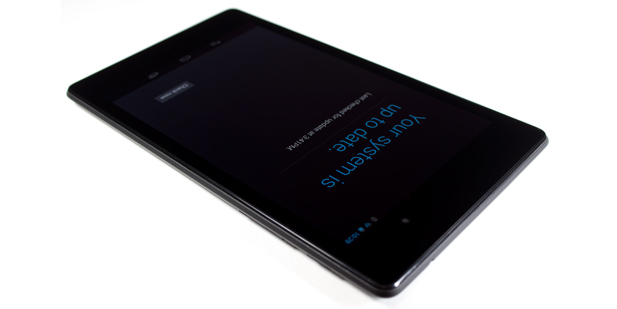Amazon has plans to release a smartphone that customers can get for the price of free, with or even without a contract, according to an article from former Wall Street Journal reporter and editor Jessica Lessin. Lessin writes that an internal source at Amazon confirmed that the company has been in touch with wireless carriers about offering such a phone.
"The free strategy isn’t set in stone," says Lessin, but if Amazon could pull it off, it would be offering something its competitors don’t: freedom from contracts, without a price premium. Lessin was unclear on whether Amazon would require anything of its customers, such as a subscription to Amazon Prime.
Of course, offering a phone that doesn’t cost the hundreds of dollars off-contract that popular models like the iPhone and Samsung Galaxy S 4 do is not the hard part; making that phone decent is. Furthermore, the draw of a contract-free existence wouldn’t mean much if the phone were not compatible with most of the major carriers. Simply being able to swap between AT&T and T-Mobile wouldn’t mean as much as being able to swap between all five of the biggest carriers without a second thought.

